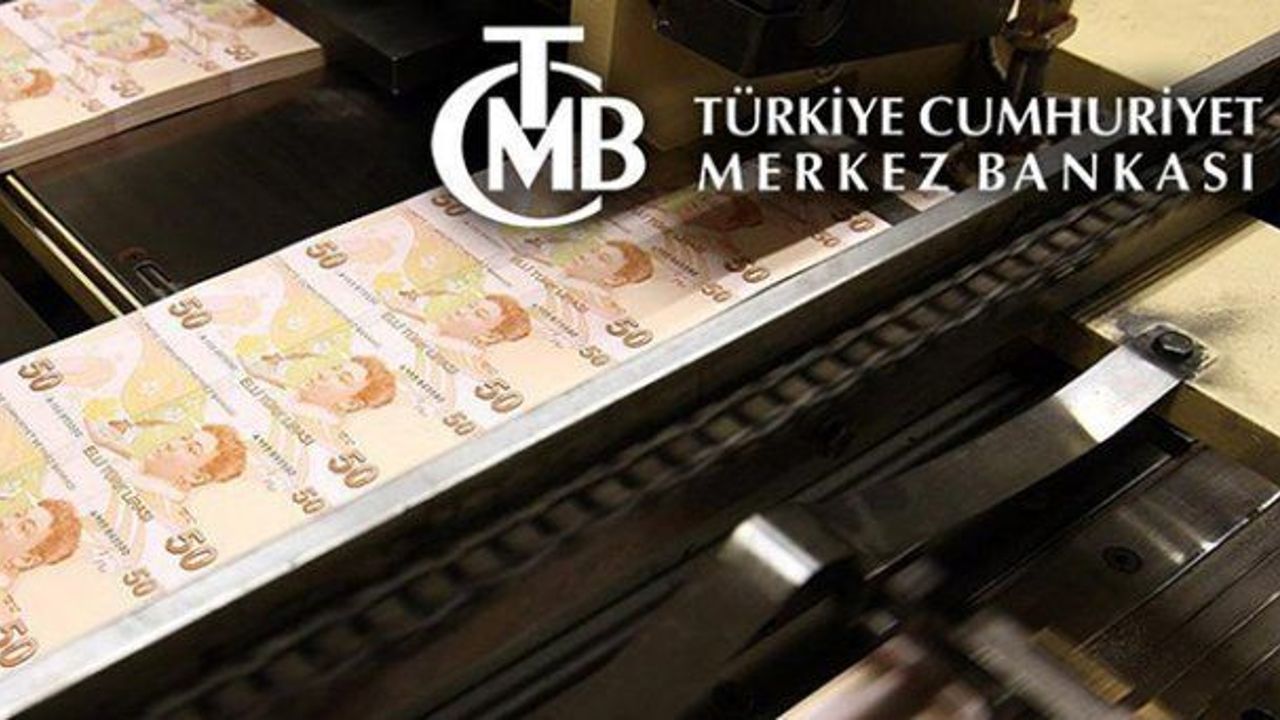Turkish Central Bank takes step to increase liquidity
Bank lowers Turkish lira reserve requirement ratios for deposits, participation funds, other liabilities

The Central Bank of the Republic of Turkey (CBRT) on Saturday lowered reserve requirement ratios to provide more liquidity in domestic markets.
"Turkish lira reserve requirement ratios have been reduced by 100 basis points for deposits and participation funds with maturities up to 1-year, and for other liabilities with maturities up to (and including) 3-year.
"... And by 50 basis points for all other liabilities subject to reserve requirements," the CBRT said.
Showing the minimum amount of reserves that local banks must hold at the Central Bank, the reserve requirement ratio is determined by the Central Bank to manage the liquidity -- money supply -- in local markets.
"Furthermore, the upper limit of the facility of holding standard gold converted from wrought or scrap gold collected from residents has been increased from 5 percent to 10 percent of Turkish lira reserve requirements," the bank added.
The CBRT's recent decision came after the bank's governor's mid-week messages about continuing tight monetary policy stance to score significant improvements in the country’s inflation dynamics.
In an exclusive interview with Anadolu Agency on Thursday, Murat Cetinkaya said in view of cyclical conditions, liquidity steps can be taken to support financial stability.
"These tools and associated steps do not give a direct signal with respect to the monetary policy stance.
"Our stance on monetary policy is clear; the tight stance will be maintained until we observe a significant improvement in inflation dynamics," he said.
According to the bank's decision, Turkish lira reserve requirement ratios (%) are as follows:


.JPG)





